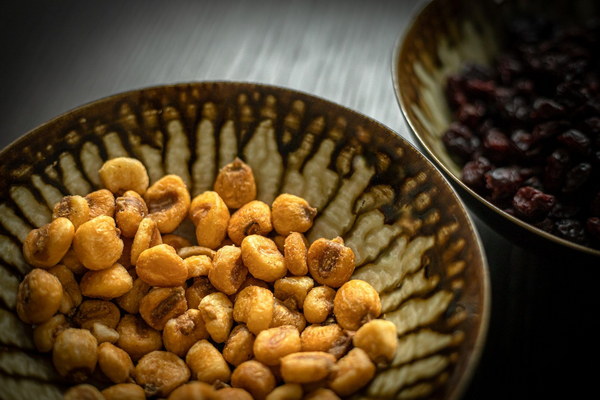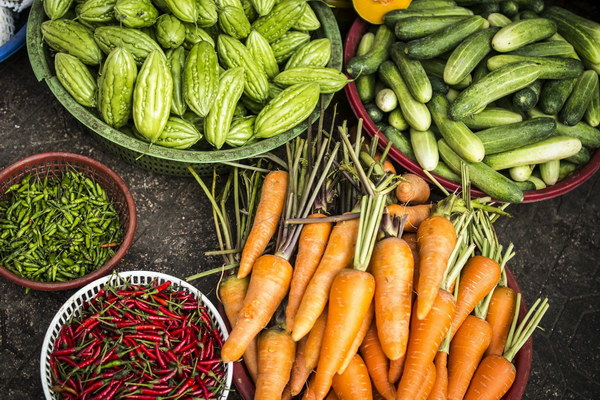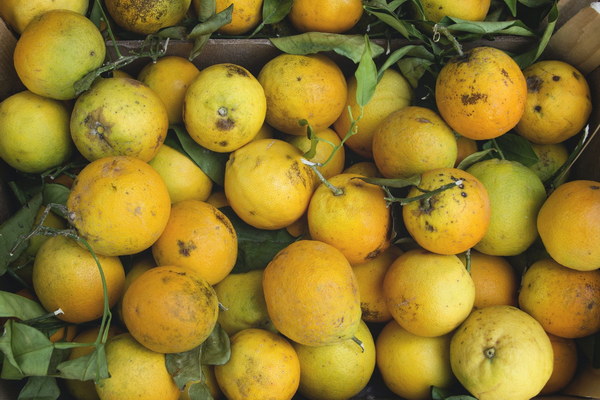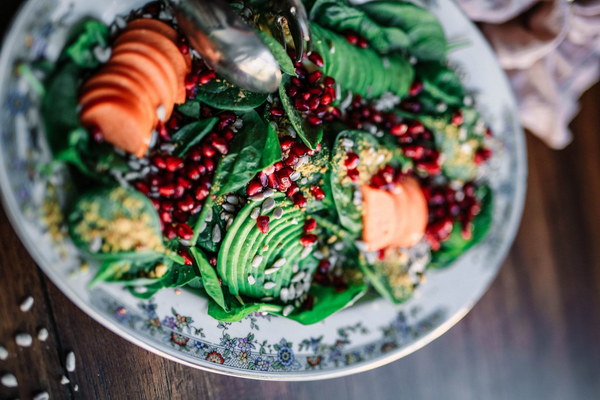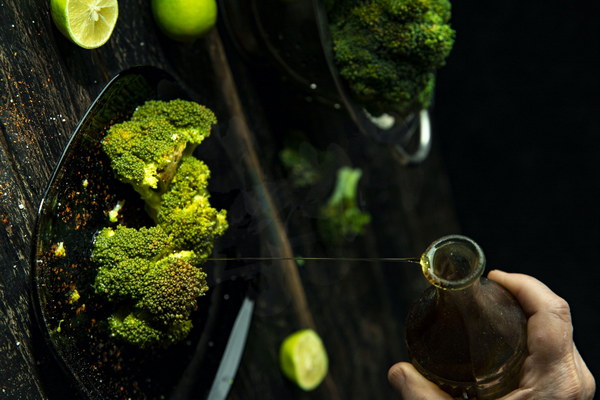Unlock Nature's Secret How Traditional Chinese Herbs Can Naturally Eliminate Dampness and Revitalize Your Health
In the realm of traditional Chinese medicine, the concept of dampness is widely recognized as a common health issue. It refers to a condition where the body's internal balance is disrupted by excess dampness, leading to a variety of symptoms such as fatigue, weight gain, and poor digestion. One of the most effective ways to combat dampness is by drinking herbal teas. In this article, we will explore the benefits of using traditional Chinese herbs to eliminate dampness and restore your vitality.
Understanding Dampness in Traditional Chinese Medicine
In traditional Chinese medicine, dampness is considered a type of internal imbalance that can be caused by various factors, including diet, environment, and lifestyle. When dampness accumulates in the body, it can obstruct the flow of Qi (vital energy) and lead to a range of health problems.
Common symptoms of dampness include:
- Excessive weight gain
- Feeling heavy or sluggish
- Poor digestion
- Joint pain
- Mucus production
- Lack of energy
- Fluid retention
Herbal Remedies to Combat Dampness
Traditional Chinese herbs have been used for centuries to treat dampness and restore balance to the body. Here are some of the most effective herbs for eliminating dampness:
1. Poria (Fu Ling): Known for its ability to drain dampness, Poria is often used in combination with other herbs to promote fluid elimination and improve digestion.
2. Atractylodes (Bai Zhu): This herb is widely used in Chinese medicine to strengthen the spleen and improve digestion, which helps to reduce dampness in the body.
3. Coptis (Huang Lian): Coptis is a potent herb that clears heat and dampness, making it useful for treating damp-heat conditions such as skin rashes and urinary tract infections.
4. Alisma (Xiang Sha Yuan Zi): Alisma is known for its diuretic properties, helping to eliminate dampness and relieve swelling caused by fluid retention.
5. Pine Pollen (Song Cao): Pine pollen is a natural adaptogen that strengthens the immune system and helps to regulate the body's internal balance, making it an excellent herb for combating dampness.
How to Prepare Herbal Teas for Dampness
To prepare an herbal tea for dampness, follow these steps:
1. Gather the appropriate amount of each herb based on your specific needs. For example, you might use 10 grams of Poria, 10 grams of Atractylodes, and 5 grams of Coptis.

2. Place the herbs in a pot and cover them with water.
3. Bring the water to a boil, then reduce the heat and simmer for 20-30 minutes.
4. Strain the herbs from the water and pour the tea into a cup.
5. Sweeten with honey or stevia if desired, and drink the tea warm.
Precautions and Considerations
While herbal teas can be a natural and effective way to eliminate dampness, it's important to consult with a healthcare professional before starting any new treatment. Some herbs may interact with certain medications or have contraindications for specific health conditions.
Additionally, it's important to note that herbal teas are not a substitute for medical treatment. If you are experiencing symptoms of dampness or any other health concern, it's always best to seek advice from a qualified healthcare provider.
Conclusion
Traditional Chinese herbs offer a natural and effective way to eliminate dampness and restore balance to the body. By incorporating these herbs into your daily routine, you can improve your digestion, increase your energy levels, and promote overall health and well-being. Remember to consult with a healthcare professional before starting any new treatment, and enjoy the many benefits of nature's healing power.
